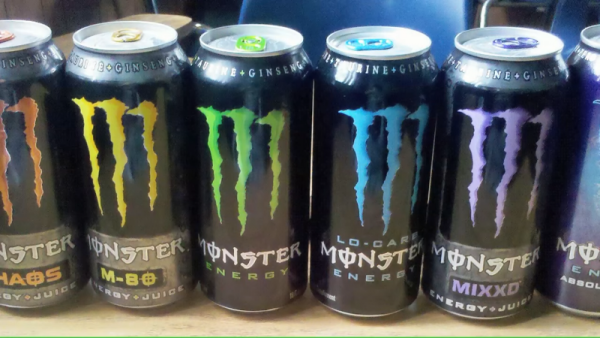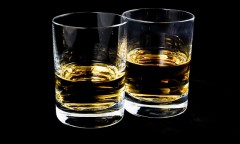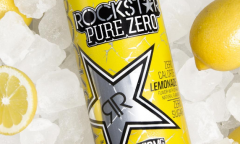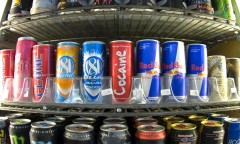By KM Diaz, | April 27, 2017

According to the new study published in Journal of the American Heart Association, energy drinks increase the risk of certain heart conditions. (YouTube)
Drinking commercially-available energy drinks could change the electrical activity of the heart and blood pressure compared to drinking caffeine alone.
According to the new study published in Journal of the American Heart Association, energy drinks increase the risk of certain heart conditions than caffeinated drinks alone. The U.S. Food and Drug Administration confirmed that drinking less than 400 mg of caffeinated drinks is completely safe. However, some of the energy drinks contain not only caffeine but also restrictive energy blends.
Like Us on Facebook
Emily A. Fletcher, Pharm.D., deputy pharmacy flight commander from David Grant U.S.A.F. Medical Center and the lead author of the research together with the research team, conducted a study to know the impact of energy drinks in the body, particularly in the heart.
They divided 18 young participants into two groups. The first group had 32 ounces of a commercially-available energy drink that contains 320 mg of caffeine, 108 g of sugar, and other compounds. The second group received a control drink that contains 40 ml of lime juice, 320 mg of caffeine, and 140 ml of cherry syrup in the form of carbonated water. The participants exchanged drinks after six days.
The blood pressure is not normally affected when a substance was introduced into the body, but the researchers have found that the energy group had corrected QT interval 10-milliseconds higher at 2 hours compared to caffeine group.
Fletcher explains that QT interval estimates how long it takes for the ventricles in the heart to produce a beat or repolarize. It is a pause that is being generated by the end of an electrical impulse to prepare the next impulse. The interval is measured in milliseconds, if the time is too long or too short, it can cause abnormal heartbeat. This may lead to arrhythmia which is a life threatening.
Although both caffeine-only and energy drink groups had an increase systolic blood pressure, the caffeine group went back to normal readings after six hours. Meanwhile, the energy drink group had moderately elevated blood pressure after six hours. The findings show that energy drinks may have other ingredients that alter the blood pressure.
Fletcher also suggests that those who have underlying cardiac conditions should avoid too much consumption of energy drinks to prevent a greater impact on heart health.
-
Use of Coronavirus Pandemic Drones Raises Privacy Concerns: Drones Spread Fear, Local Officials Say

-
Coronavirus Hampers The Delivery Of Lockheed Martin F-35 Stealth Fighters For 2020

-
Instagram Speeds Up Plans to Add Account Memorialization Feature Due to COVID-19 Deaths

-
NASA: Perseverance Plans to Bring 'Mars Rock' to Earth in 2031

-
600 Dead And 3,000 In The Hospital as Iranians Believed Drinking High-Concentrations of Alcohol Can Cure The Coronavirus

-
600 Dead And 3,000 In The Hospital as Iranians Believed Drinking High-Concentrations of Alcohol Can Cure The Coronavirus

-
COVID-19: Doctors, Nurses Use Virtual Reality to Learn New Skills in Treating Coronavirus Patients












